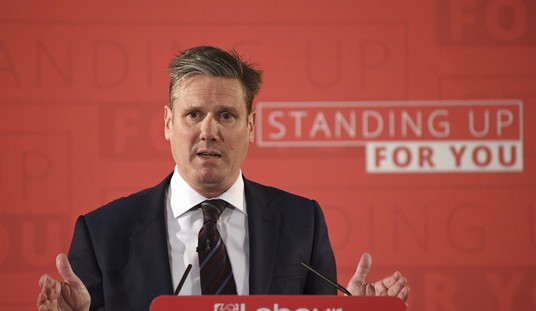While Barack Obama continues to hail Canada’s health-care system as a model for the US to follow, its own constituencies warn that it’s nearing a collapse. Saying that a “health care revolution has passed us by,” the president of the Canadian Medical Association wants a major change to eliminate long wait times and inject creativity back into the hidebound system. Dr. Robert Ouellette wants to use competition to do it:
The incoming president of the Canadian Medical Association says this country’s health-care system is sick and doctors need to develop a plan to cure it. …
The pitch for change at the conference is to start with a presentation from Dr. Robert Ouellet, the current president of the CMA, who has said there’s a critical need to make Canada’s health-care system patient-centred. He will present details from his fact-finding trip to Europe in January, where he met with health groups in England, Denmark, Belgium, Netherlands and France.
His thoughts on the issue are already clear. Ouellet has been saying since his return that “a health-care revolution has passed us by,” that it’s possible to make wait lists disappear while maintaining universal coverage and “that competition should be welcomed, not feared.”
In other words, Ouellet believes there could be a role for private health-care delivery within the public system.
He has also said the Canadian system could be restructured to focus on patients if hospitals and other health-care institutions received funding based on the patients they treat, instead of an annual, lump-sum budget. This “activity-based funding” would be an incentive to provide more efficient care, he has said.
Interestingly, the push for reform here in the US has taken the exact opposite approach. Stop paying doctors per procedure and service, the thinking goes, and the doctors will not have a profit incentive to overtreat patients. That would theoretically cut costs and make health care both more efficient and keep unnecessary treatments at a minimum.
Instead, it results in rationing and long wait times. If clinics and hospitals don’t get compensated for the procedures and treatments they deliver, then they have to make that lump-sum or annual salary stretch. They have to put off hiring more doctors to offer more services, even if the number of patients increase. The results are entirely predictable, as the artificially stunted resources get overwhelmed by legitimate demand.
Activity-based funding and competition. That’s what the American model has now. Why should we abandon that at the very moment when the single-payer system to our north has finally begun to realize the values of those qualities?








Join the conversation as a VIP Member